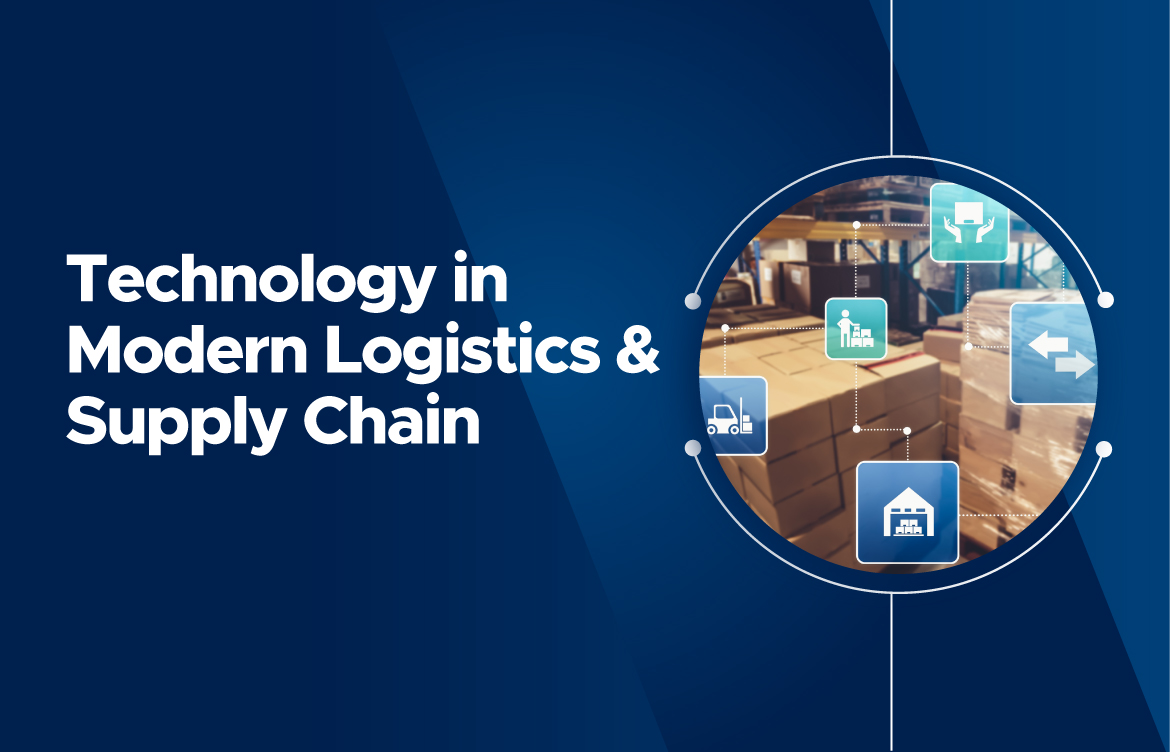The role of technology in modern logistics and supply chain management
Surges in eCommerce have created a huge influence and integration of technological advancements makes business operations smart and easy. The advancements in technology and evolving customer expectations leads to these integration where the best logistics & supply chain management college in Sivakasi encourages to develop technical skills and learn how logistics industries function. Innovation of logistics apps that connect consumers, retailers and providers which facilitates the operation management. Second, streamlined processes like sorting, packaging, loading and unloading are now easy with the automation process. This article highlights the technologies utilized in logistics and supply chain management.
Technology in logistics management:
Here are some of the logistics technologies that companies are making use of for managing cost and time-efficient inventory management.
- Barcoding: Barcoding and e-scanning reduce the paperwork in logistics and inventory management. Second, speed and accuracy are the advantages of barcoding. In recent times, you can discover a wide range of barcoding technologies and consistency is the key factor which provides efficient logistics information and the exchange of data.
- Electronic data interchange: Modern logistics uses traditional communication methods like telephone or mail for document exchange. However, EDI are convenient and safe document exchange within a company or between businesses. It secures the documents from third parties with the use of modern encryption technologies which ensures the speed and accuracy of the data flow.
- Artificial intelligence systems: This is the latest innovation in the logistics industry which includes various sections like voice recognition, robotics and expert systems. In logistics and supply management, Artificial intelligence is used to estimate the costs in terms of transportation modes or determine replaced stocks in a warehouse without the need for human intervention.
- Stock keeping unit: The SKU is a unique product number which allows users to instantly track the items. The database helps the user with the information from the item’s name, dimensions and other details. This technology reduces human errors and is able to measure the dimensions and weight of freight quickly.
- Route optimization: The modern logistics industry completely relies on route optimization software. It supports freight forwarders and supply chain managers to calculate shipping costs, time and mileage to lower the fuel cost and optimize distribution.
- GPS tracking: This is among the most useful e-commerce and logistics technologies which help both businesses and customers. This will allow monitoring the real-time shipment, eliminating the need for lengthy reports and constant calls to check the shipment status.
Technologies in supply chain management:
Technology in the supply chain is fast changing and it is restricted to paperwork and able to make use of smart technologies to make the processes efficient and transparent.
- Internet of Things: The supply chain industry is now able to see the opportunity globally,, especially in connected things including shipping containers, goods and warehouse stations. Manufacturers and transportation companies make use of IoT for supporting manufacturing operations and management asset monitoring. This technology also helps in tracking and and monitoring weather conditions, and traffic patterns which combines IoT and AI in supply chain management.
- Blockchain: Now with the use of blockchain, tracking the origin of goods, trusting the supplier information and supply chain processes are easier. The feature of being unable to change or modify the data establishes an audit trail which is more efficient than traditional tracking techniques. You can discover counterfeit items, fraud instances, and risky suppliers ensure that regulatory requirements are met and develop transparency around the origin and goods movement.
- Artificial intelligence: Incorporating supply chain management, AI, predictive analytics, and machine learning lets the companies automate their warehouse operations, and delivery times, manage inventory in control, optimize the sourcing relationships, build new experiences which provide better user satisfaction and increase sales.
- Robots and automation: Robots play the key role in supply chain technology where industries use them for moving materials in the warehouse and the order fulfillment process. However, AI uses technology to a greater level of sophistication, machines will be able to perform human-driven tasks from picking to packing orders to automate supply chain technology.
- Cloud computing: The supply chain generates massive amounts of data yearly, AI-powered clouds are used by businesses to convert the dataset into valuable insights. Thus, with the integration of cloud computing, and artificial intelligence, supply chain management holds the ability to transform operations and manage capabilities.
- Digital twins: This is nothing but a virtual representation of the original process and highlights the recommended actions which bring overall advantages to the supply chain.
The use of technological innovation and logistics has become a key player in modern business. From manufacturers to distributors, the supply chain plays a crucial role and joins efforts to deliver products seamlessly to customers. Since business landscape continues to evolve with technological advancements from being a strategic choice to a fundamental need. MBA graduates who are pursuing the best B schools in Sivakasi need to prepare for this evolving business landscape and consumer needs which are leveraged to achieve business goals.



